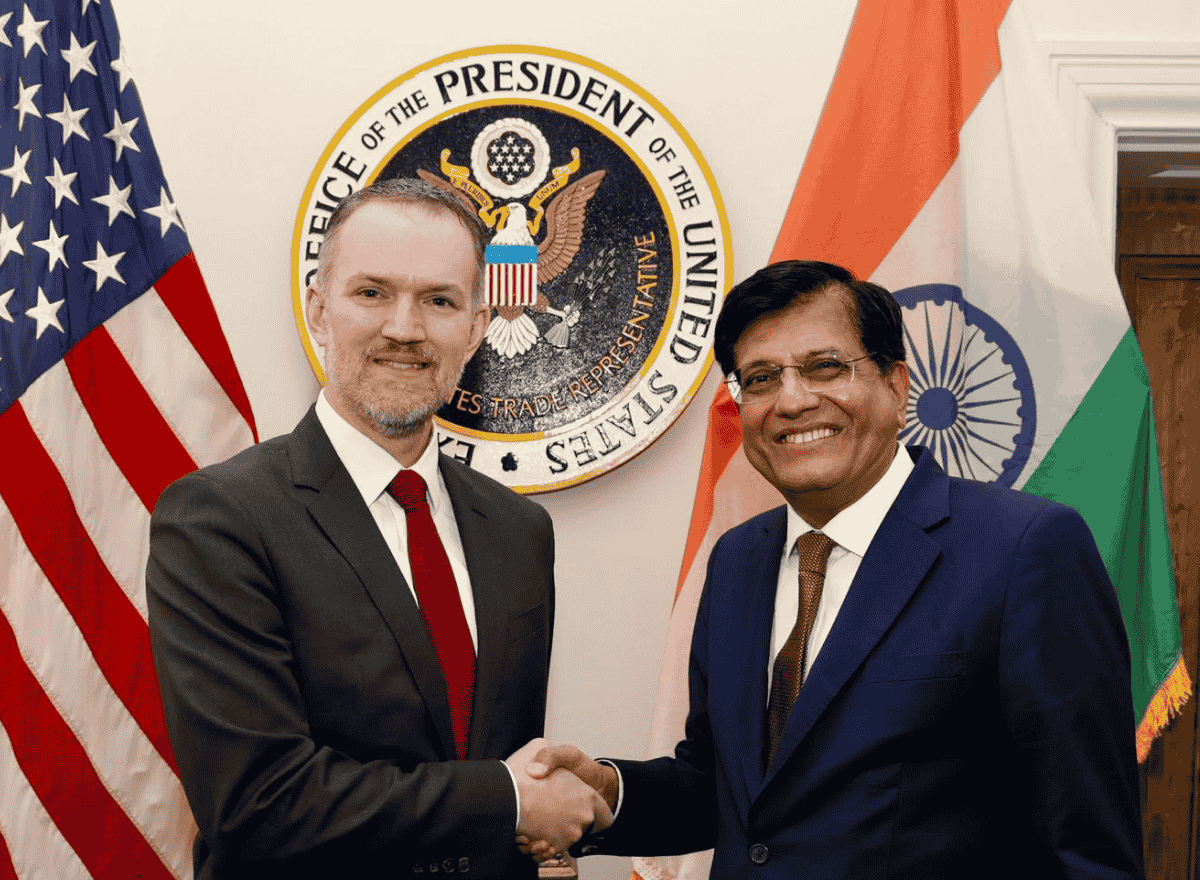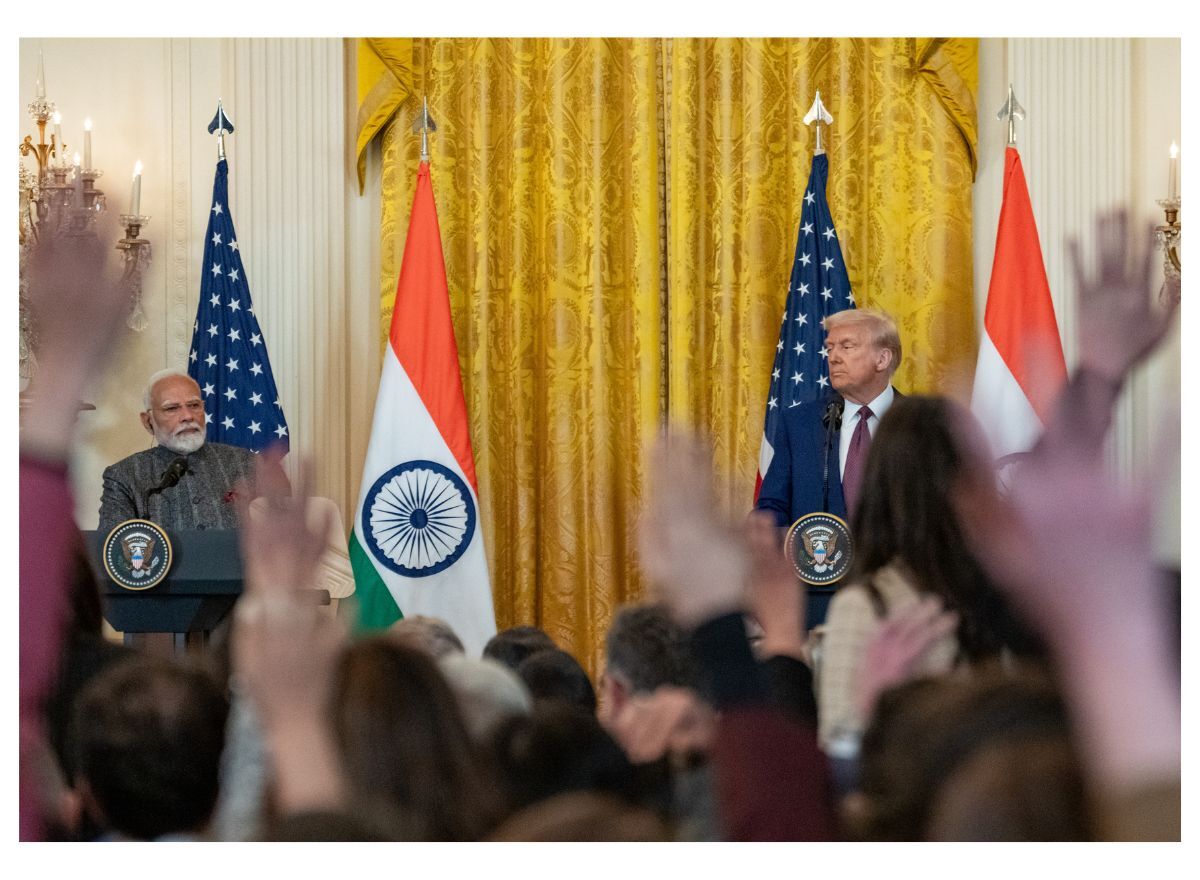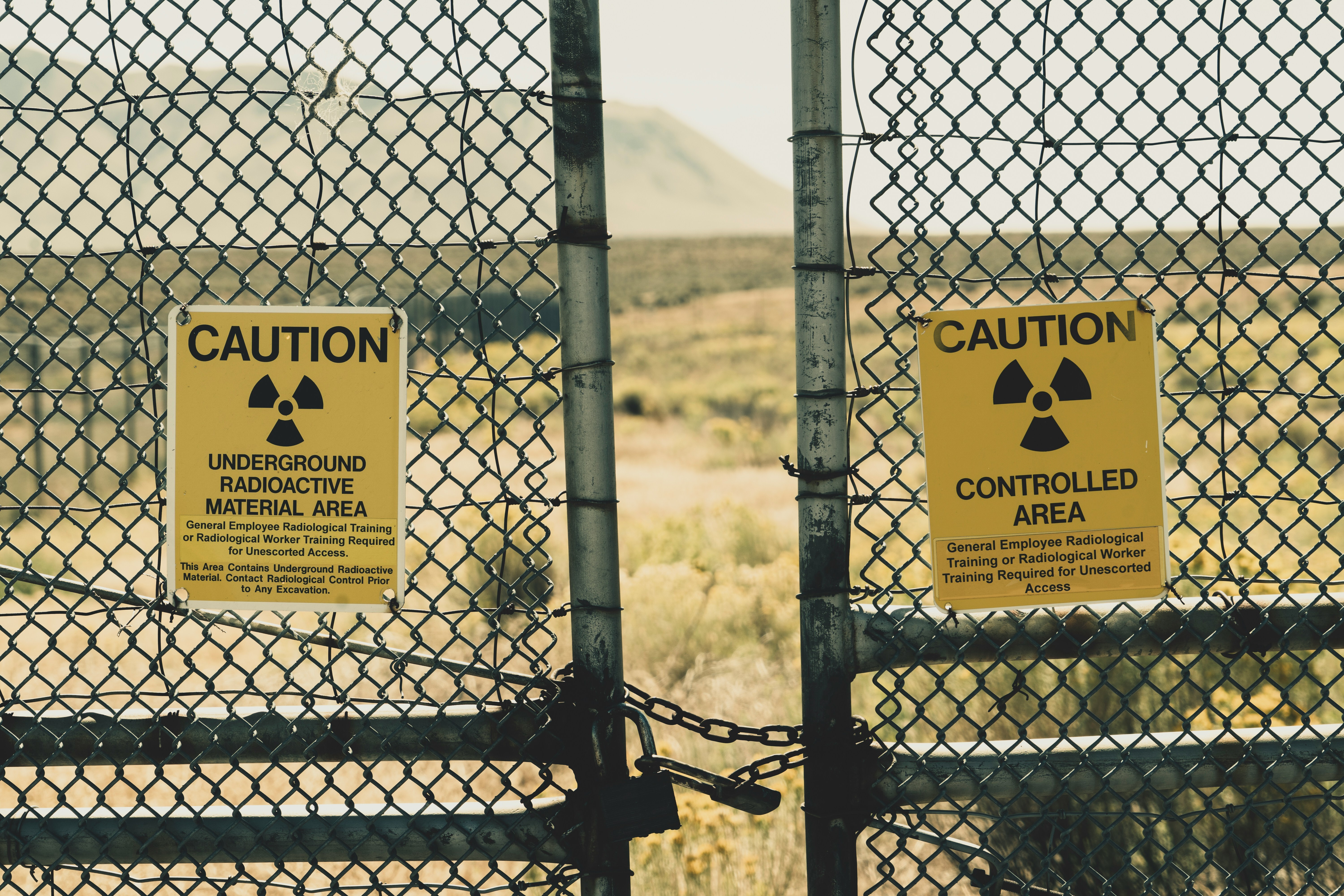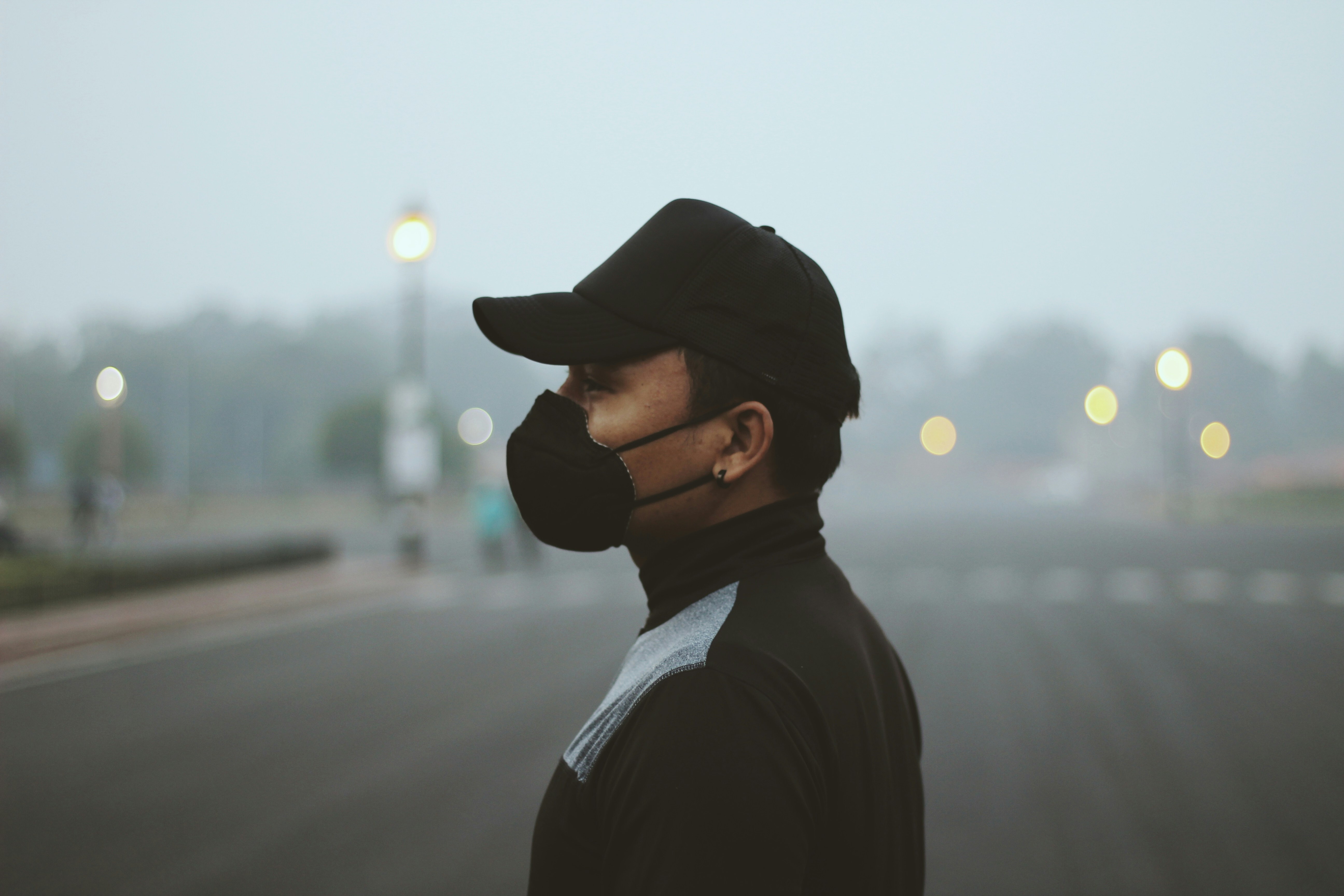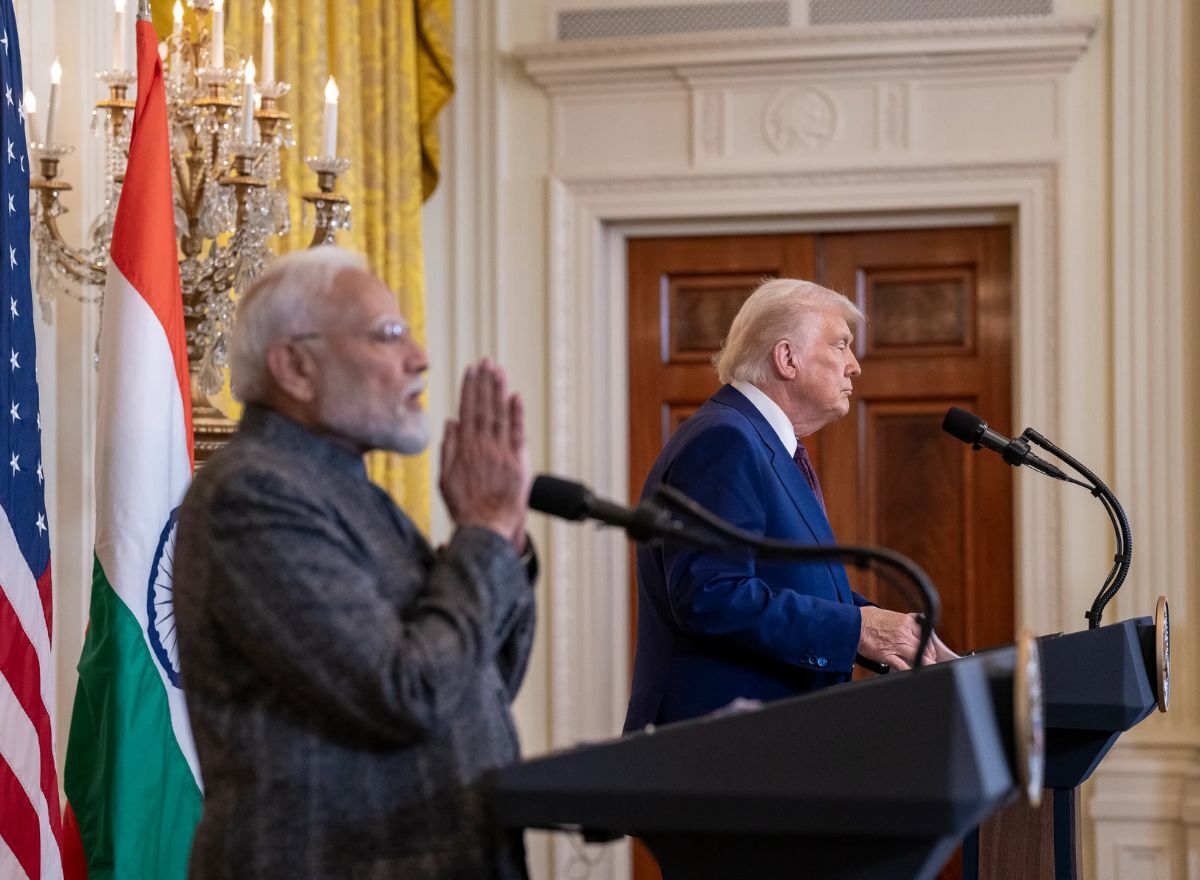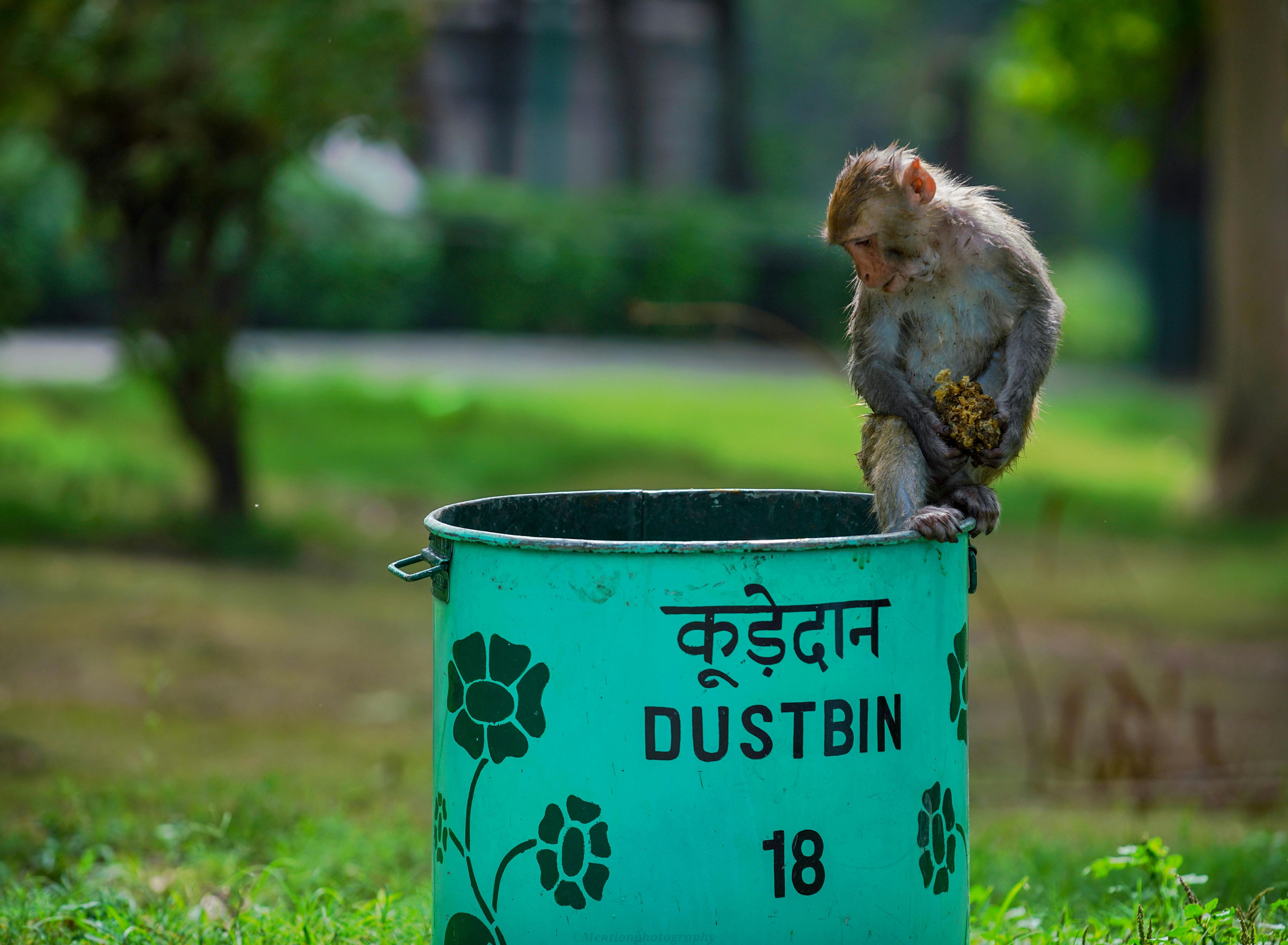How India is bleeding itself dry
A public interest litigation case in the Supreme Court lays bare the reality of blood transfusions in India
19 February, 2020•17 min
0
19 February, 2020•17 min
0
Getting your Trinity Audio player ready...

Why read this story?
Editor's note: She sits with knees propped against chest, voice hoarse, nose full, eyes kohl-lined and heavy-lidded, her fevered, shawl-draped body struggling against the early February chill. A Delhi-based advocate with the Human Rights Law Network, Sneha Mukherjee has fought 12 major cases on women’s reproductive rights, her most high-profile arguments being in favour of late-term abortions. Two months ago, she represented Ayesha Renna and Ladida Farzana, the most recognizable student protestors in the ongoing movement against the controversial Citizenship Amendment Act. But today, Mukherjee is fighting her rising temperature to talk about blood. On 3 February, the Supreme Court issued notices in response to a public interest litigation case, or PIL, filed by the Association of Rural Surgeons of India. Theirs was a plea to regulate blood banks and revise guidelines created by the National Blood Transfusion Council, which oversees India’s National Blood Policy. Neither ARSI nor Mukherjee, who represents them, expected the matter to even be heard; because India doesn’t have a great set of apex court judges right now, she says wryly. But when the PIL got listed before …
More in Chaos
Chaos
India-US trade pact demonstrates how sovereignty is eroded in practice
The framework reads less like an agreement between partners and more like a probation order written by the stronger side.
You may also like
Health
How Kerala brought its infant mortality rate to a historic low
Decades of investment in health and social infrastructure went into getting the southern state’s infant mortality rate down to 5 deaths per 1,000 live births—far lower than the national average of 25.
Business
Mumbai's worsening garbage crisis, and the company in the thick of it
The Kanjurmarg landfill, operated by Antony Waste Handling Cell Ltd., is safe from the axe for now. But its fate remains a major source of worry for the company's shareholders and the city's residents alike.
Business
On air pollution, power producers get a hall pass
India has rolled back rules that require thermal power plants to install equipment to cut sulphur dioxide emissions, marking yet another failure in the fight against air pollution.
